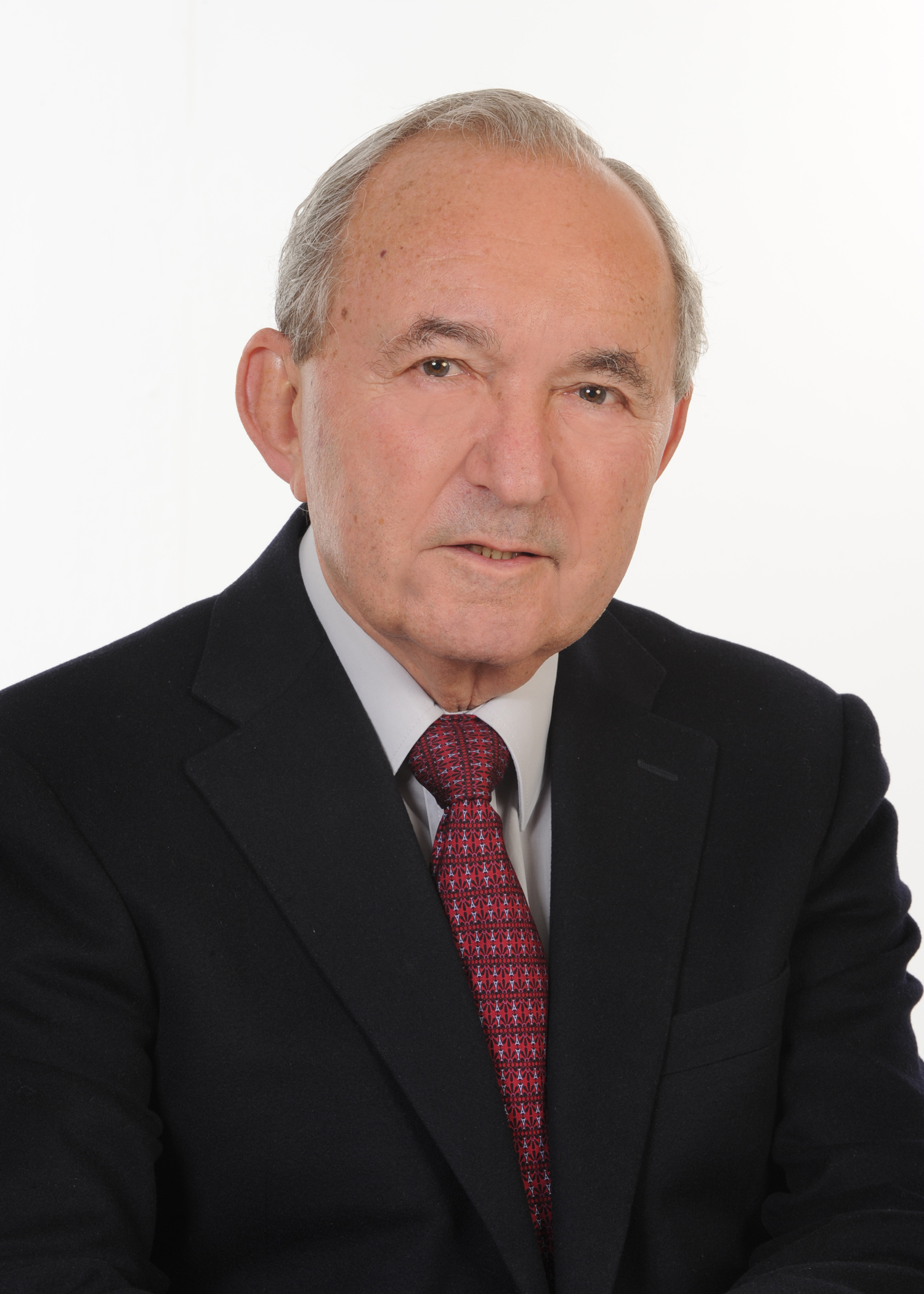Jean-René Ruez has been highly commended for his remarkably detailed and accurate reconstruction of the chronology of the Srebrenica genocide, based on field investigations and evidence gathered.
"A crime against humanity is a crime committed against all of us. You do not need to have lost a friend or a relative in such a crime to feel that. Not only do we have the right to feel involved, but we have the duty to act, when in a position to do so."
After the genocide in Srebrenica he was immediately sent to Tuzla. The evidence gathered by the ICTY investigative team that he led meant that indictments could be filed against Ratko Mladić, the Commander of the Army of Republika Srpska (VRS), and the first President and Supreme Commander of Republika Srpska and the VRS, Radovan Karadžić, as early as 1995. Ruez’s investigations also played a large part in the indictments of other war criminals convicted of the Srebrenica genocide by the ICTY, and he testified extensively in all Srebrenica-related cases from the trial of Krstić to trial of Mladić, from 2001 to 2016.
Ruez says that he had been unconsciously preparing for his life’s mission—investigation the Srebrenica genocide—since childhood. His mother was German, and told him of the horrors committed by the Nazis. The pain these crimes caused her greatly influenced his commitment to the fight against Neo-Nazism, and fascism in all its forms. Today, he is still dedicated to the remembrance of the Srebrenica genocide, and continues to share the message that was also his ICTY team’s moto: “No peace without justice.”
"By the end of 1996, a legal adviser, freshly arrived at the ICTY, was assigned to assist me. This was Peter McCloskey, who ended up being trial attorney, and then senior trial attorney, for all the trials of those “mainly responsible” for the acts contained in the Srebrenica file. Also, one investigator, Asif Syed, from Pakistan, was extracted from the Sarajevo team to work with me."
"At the very beginning, the sources of information we used were the short statements we received from the United Nations War Crimes Commission and the Tuzla Police. Then there were those we found ourselves through other sources (some of which are still confidential) and thanks to journalists. The use of aerial imagery, and the leading role of the US Government in this technology at that time, was a milestone. It prevented the cover-up of the “body count” of those exterminated by order of Ratko Mladić, who also ordered the transfer of bodies from primary to secondary mass graves, during the period in which the Dayton Agreement was being negotiated."
"When we started our missions in RS in 1996, the war was over. Nevertheless, the politicians, RS military personnel and members of the RS Police held the same positions they had had during the war. When we were investigating the crime scenes in the RS, I used to say that “we were digging in the garden of the perpetrators”."
"During my contact with the Bosnian-Serb side, if ever they provided me with leads of evidence against the “Muslim side” for crimes committed against Serbs, I systematically forwarded them for investigation to the teams in charge, and to the Prosecutor."
"During my contact with the Bosnian-Serb side, if ever they provided me with leads of evidence against the “Muslim side” for crimes committed against Serbs, I systematically forwarded them for investigation to the teams in charge, and to the Prosecutor."
"The defense lawyers systematically requested the same amount of time, so they had to fill that time by challenging my ability, my honesty, and the way I conducted the investigation. For me, the truth is that responding to these defense lawyers was easy. The strange thing is that their additional questions, which challenged the conclusions of the investigation, crime scene after crime scene, systematically opened the door to enhance the case against the personal interest of their clients facing the judges."
Read InterviewSources
- Hafizović-Hadžimešić, A. (2021). On the Side of Humanity [Na strani čovječnosti]. Sarajevo: Udruženje Pokret majki enklava Srebrenica i Žepa.
- Islamic Informative Newspaper "Preporod"






